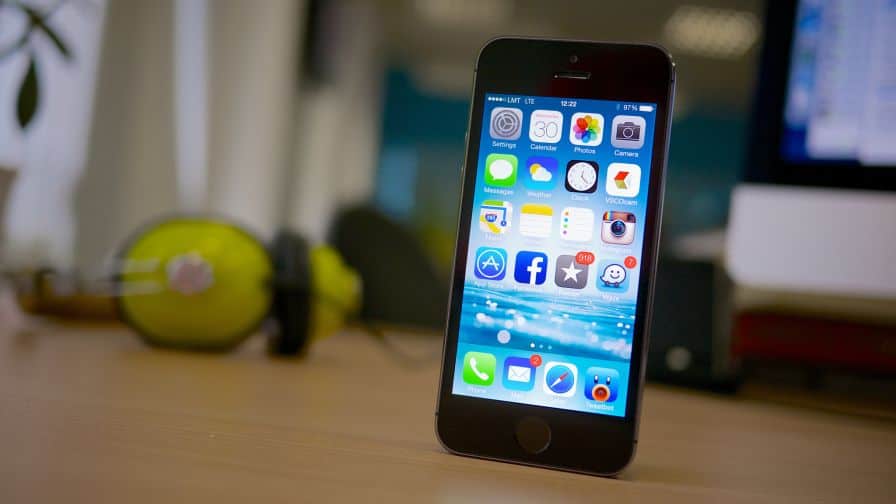Mobile’s role in the consumer purchase journey is most likely to be at the start, where people use their devices to search for basic information such as store locations and business contact details.
That’s according to researchers from xAd, a global location ad platform, who have seen evidence of mobile ramping up its involvement in the sales funnel. This is especially the case at the very beginning of the journey as smartphones allow consumers to look up information whenever and wherever.
It is believed that 56% of British consumers will turn to mobile when conducting their initial product research, and satisfaction with this information is 18% higher than in 2013. XAd claims this presents a “significant opportunity” for brands to create the first point of contact with an audience and influence their purchase decisions.
Early impression
At the time of questioning from xAd and call tracking solutions provider Telmetrics, 75% of mobile shoppers said would be making a purchase with their devices in the near future, thus stressing the impact that smartphones and tablets are having on e-commerce revenues.
The challenge for brands is to ascertain the best stages to target their prospective customers, as mobile only comes into play at certain stages. However, the fact that under 20% of device owners know what they are shopping for when searching for information would suggest that brands should be looking to influence their customers early on.
Time is also very much against brands during this period, with nearly 50% wanting to make their decision within a day.
Fortunately there are clear things that mobile shoppers will look for in anticipation of making a purchase.
Price drives purchase
Researchers from xAd discovered that value continues to act as the biggest purchase driver for retailers. Three in four consumers claimed to use comparison sites for assessing the best rates, with 39% investing in a product because they were satisfied with the price.
As for offline retailers looking to utilise mobile for their own benefit, they were advised to ensure their business details were accurate and up-to-date. Over half of the group (50%) said they would shop at a location providing it was within eight kilometers of their current standing and 40% were interesting in calling a business after finding their details via mobile.
Bill Dinan, president of Telmetrics, said the pressure is now on retailers to utilise mobile for the benefit of their business.
“Our study confirms that mobile is a powerful part of today’s consumer purchase process and underlines the growing opportunity for advertisers to reach this ready-to-buy audience,” he commented.
“Advertisers that capture mobile metrics can improve their understanding of how shoppers interact with mobile devices throughout the buying cycle and empower their ad programmes to reach consumers when they are most open to influence.”

